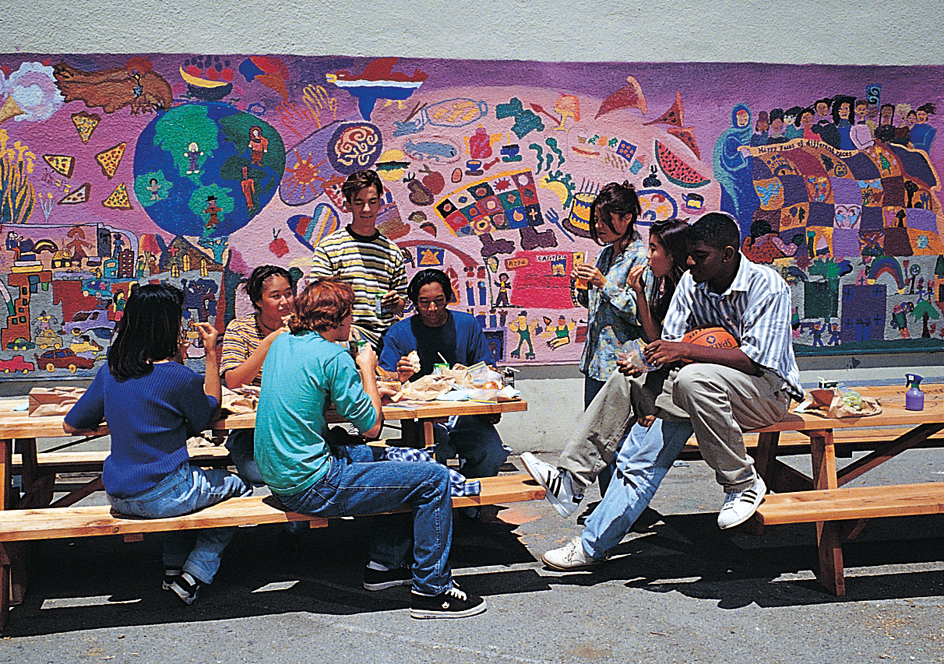Socialization, in the behavioral sciences, refers to the complex process by which individuals learn about their culture and how to live within it. Through socialization, individuals learn ideas, attitudes, values, and skills that influence how well they adapt to a society. Behavioral scientists such as anthropologists, psychologists, and sociologists regard socialization as a principal way by which societies continue themselves. Through socialization, a society’s culture is transmitted from one generation to the next.

Socialization is important to society for three main reasons. First, infants cannot live unaided and must depend on others to survive. Second, people must learn most of the skills necessary to adapt to their environments. Third, people must learn how to relate to each other successfully if society is to continue.
Socialization is a lifelong process. Early socialization of infants and children occurs primarily within the family. From the family, individuals learn such basic functions as eating, sleeping, and play habits, as well as personal hygiene. More advanced lessons of socialization include personal beliefs, values, and expectations for interacting with others.
Learning plays an important part in socialization. A person must acquire a wide range of information and skills to adapt successfully to society’s various roles. These roles may include being a son, daughter, sibling, friend, student, employee, or parent. Socialization is a deliberate process when individuals are instructed about what to think or how to act. It can also be less deliberate, as when a child learns attitudes and behavior through observing and imitating others.
Although the family plays a primary role in early socialization, other elements influence socialization throughout life. School, for example, plays an important role in later socialization. As individuals advance through successive stages of school, they continually discard some attitudes and roles and take on new ones. Other important influences on an individual’s socialization include friends and co-workers, religious institutions, television, motion pictures, and various kinds of reading matter and other sources of information.
While the family and other institutions influence an individual’s socialization, the individual also influences these institutions. For example, an infant’s behavior influences its parent’s socialization to the role of parenting. Thus, socialization should not be viewed as a one-way process. Individuals continuously socialize one another to their separate expectations.
